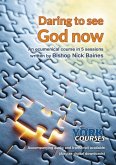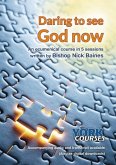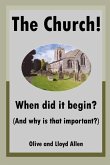When someone mentions "the Twelve" in a biblical context, we usually think of the Twelve Apostles of the New Testament. But "the Twelve" who are introduced in this book are the twelve "minor" prophets. Although not as well-known as the New Testament apostles, they are significant players in the story of God's people Israel. In Jewish tradition they are not regarded as "minor" prophets, to be distinguished from the "major" prophets-Isaiah, Jeremiah, and Ezekiel. Instead they are known together as the "Twelve." The Bible calls them "prophets," a term which refers to someone who speaks for God. The "Twelve" prophets were called by God to remind His people of their covenant responsibilities which were spelled out in detail by Moses who received his instructions from the Lord on Mount Sinai. The Twelve prophets spoke to God's people in troubled times. The people had compromised their unique relationship with God by indulging in the worship of the gods of Canaan. The Lord was in the process of chastening His people by raising up invading armies to humble them and lead them to repentance. The people of Israel who sought to remain faithful to God found themselves on the fringe of society, disassociated from the mainstream of Jewish life. The prophets who spoke for God and challenged the status quo were often verbally and physically abused. These were tough times for those who dared to speak for a holy God to a very unholy people. It took courage to accept such an assignment. That's why I have chosen to call these men "the Daring Dozen." In this book I will introduce each of these courageous men and provide an explanation of their message. I think you will find that what these prophets said is as relevant and applicable today as it was when their messages were first delivered to the people of ancient Israel.
Hinweis: Dieser Artikel kann nur an eine deutsche Lieferadresse ausgeliefert werden.
Hinweis: Dieser Artikel kann nur an eine deutsche Lieferadresse ausgeliefert werden.








